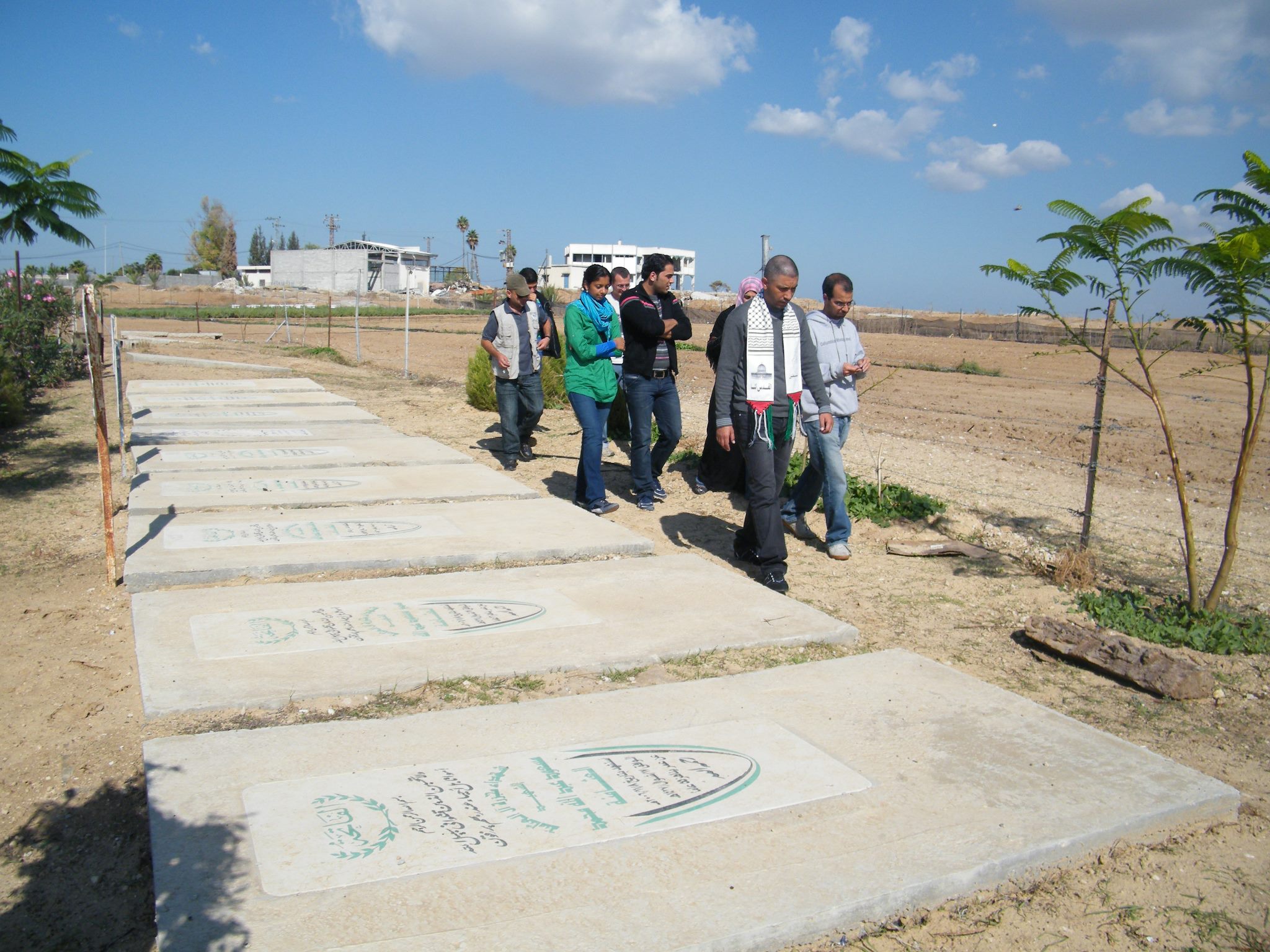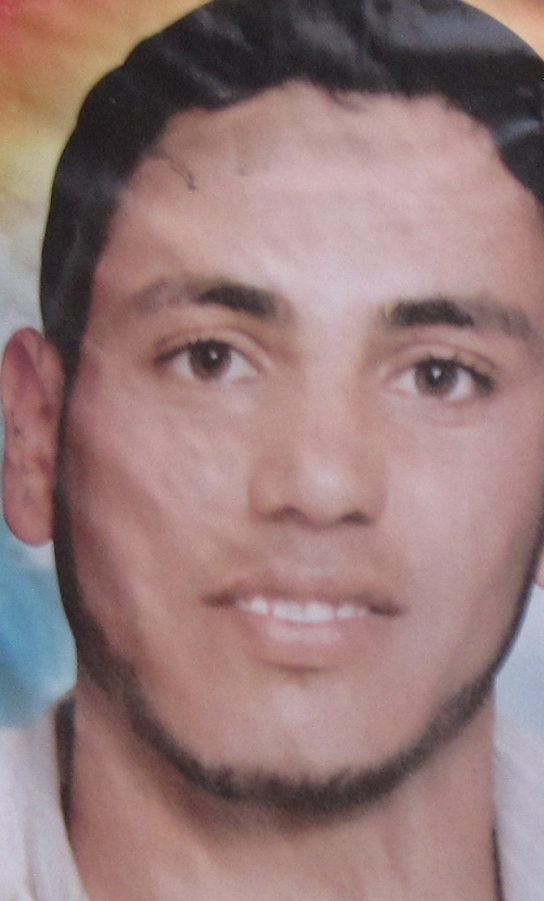Tag: Gaza
-
Remembrance in Beit Hanoun
by Nathan Stuckey 9 November 2011 | International Solidarity Movement, Gaza It is Tuesday, the third day of Eid, the Eid of the Sacrifice. We, the Beit Hanoun Local Initiative and the International Solidarity Movement, have gathered near the bombed remains of the Beit Hanoun Agricultural College like we do every Tuesday in preparation for…
-
Freedom Waves prisoners abused and imprisoned; ‘Anonymous’ hackers strike back
by Ben Lorber 7 November 2011 | Mondoweiss In the immediate aftermath of the illegal capture of the Freedom Waves flotillas, Israel’s public image has been tarnished, as reports of violence at sea surface to counteract its claims of a peaceful takeover, and as human rights cyber-resistance group Anonymous retaliates by shutting down Israeli government…
-
Nasr Ibrahim Alean was murdered by Israel Thursday
by Nathan Stuckey 7 November 2011 | International Solidarity Movement, Gaza Nasr Ibrahim Alean was a 23 year old farmer from Beit Lahia. He was murdered on November 3, 2011. He was picking strawberries in his field when he was shot in the leg by the Israeli army. He called his friend Muhammad Abu Helmeyyah,…


